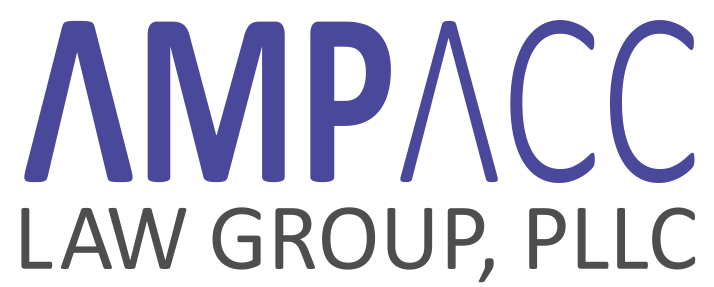Copyright
- Summary Article: “What is a Copyright?”
-
Copyrights protect creative works. Usually, copyright law focuses on artistic works like music, visual art, and literature. The scope of copyright law in practice, however, is much broader.
Scope of copyrightable subject matter. A copyright can protect artistic works, and can also protect creative works that may also be protected under other intellectual property rights. For example, software code can be copyrighted, and may also be eligible for patent protection. Designs, such as for a website or a consumer product, may be copyrighted and/or protected by trade dress or even design patents. Whether a copyright is used as a primary level of intellectual property protection or as an additional layer of intellectual property protection, it can be a valuable asset.
Benefits of a copyright registration. Copyright protections begin with creation. However, without federal registration, copyright protection is limited. A federal copyright registration permits copyright owners to sue for copyright infringement and to seek enhanced damages and/or an injunction. Federal registration enables a copyright owner to prevent others from using, copying, distributing, performing, or displaying a copyrighted work.
The registration process. Obtaining a federal copyright registration can be simple. The U.S. Copyright Office generally requires basic applicant information, author information, and a deposit of the work at the Office along with a small fee.
A federal copyright can be a simple and inexpensive way to obtain actionable protection for some of your intellectual property. The difficulty with copyright law, however, often lies within the exceptions and defenses to allegations of infringement. For more information on copyright law or obtaining a federal copyright registration, please contact us.
